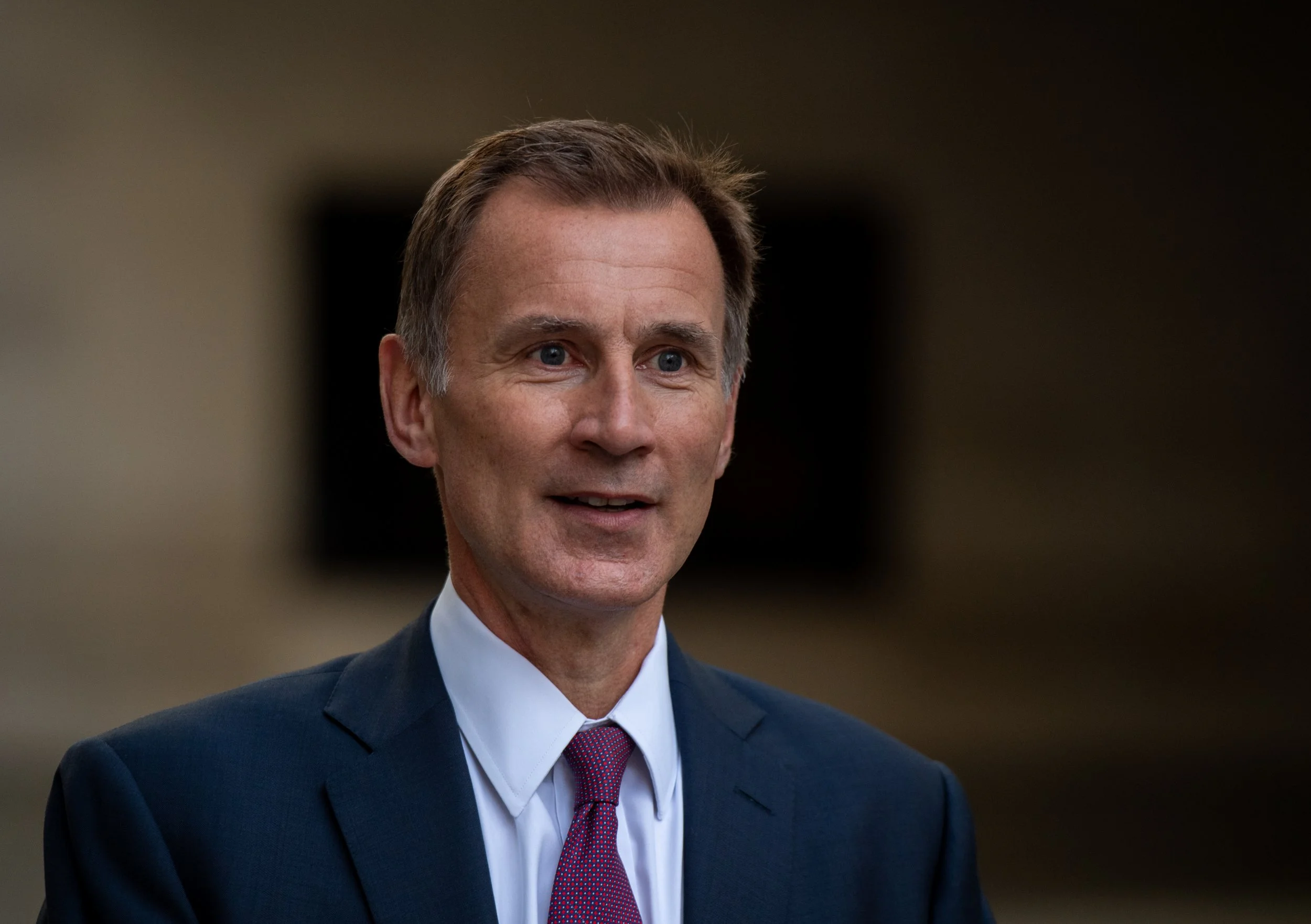The Treasury is forecast to haul £45bn in inheritance tax (IHT) over the next six years, newly published estimates from the Office for Budget Responsibility (OBR) have indicated.
This is an increase of £2.9bn compared to the OBR’s estimates in its November statement.
The OBR has substantially increased its IHT estimates for the period between the 2022/23 and 2027/28 tax years, with a revised total tax take of £45bn up from autumn’s estimates of £42.1bn.
By 2027/28, the OBR is also estimated that 6.7% of deaths – which would equate to the deaths of 47,000 people – will trigger an IHT charge in this period. This up from an estimated 4.1% in 2020/21.
“Hidden in the small print of the Spring Budget is confirmation that IHT is becoming an increasingly lucrative source of funds for the Treasury,” commented group communications director at Just Group, Stephen Lowe.
“Since the November statement, tax take estimates have been revised up by almost half a billion pounds (£486m) every single year. What the Chancellor gives with one hand he, inevitably, takes with the other.
“While pension allowances soar as their restrictions were ripped away in this Budget, the freeze on IHT thresholds continues to hoover up an ever growing proportion of estates."
Lowe also noted that the figures mean approximately one in every 15 deaths are now expected to become liable for an IHT charge by 2027/28.
“That’s a major boost for government coffers,” he added.
“It is yet another reminder for people of the importance of regularly assessing the value of their estate. This should include getting an up-to-date valuation of any owned property given the substantial house price increases generated through pandemic.
“Professional, regulated advice can also help people work out the total value of their estate, calculate how much tax they may be likely to owe and understand what options they have to manage that tax bill.”
Latest News
-
Residential property transactions fall 24% month-on-month
-
Later life lending loans jump 5.1% in Q4 2025
-
Mortgage Awards 2026: Winners announced
-
FCA outlines proposals to close gaps in borrowers’ credit files
-
St. James’s Place closes 2025 with record FuM
-
Average LTV on UK mortgaged home drops to 59% – IMLA
Mortgage Advice Bureau and AI in the mortgage sector
Chief executive officer at Mortgage Advice Bureau, Peter Brodnicki, and founder and managing director at Heron Financial, Matt Coulson, joined content editor Dan McGrath to discuss how Mortgage Advice Bureau is using artificial intelligence to make advancements in the mortgage industry, the limitations of this technology and what 2026 will hold for the market
Perenna and the long-term fixed mortgage market

Content editor, Dan McGrath, spoke to head of product, proposition and distribution at Perenna, John Davison, to explore the long-term fixed mortgage market, the role that Perenna plays in this sector and the impact of the recent Autumn Budget
NEW BUILD IN FOCUS - NEW EPISODE OF THE MORTGAGE INSIDER PODCAST, OUT NOW

Figures from the National House-Building Council saw Q1 2025 register a 36% increase in new homes built across the UK compared with the same period last year, representing a striking development for the first-time buyer market. But with the higher cost of building, ongoing planning challenges and new and changing regulations, how sustainable is this growth? And what does it mean for brokers?
Does the North-South divide still exist in the UK housing market?

What do the most expensive parts of the country reveal about shifting demand? And why is the Manchester housing market now outperforming many southern counterparts?
In this episode of the Barclays Mortgage Insider Podcast, host Phil Spencer is joined by Lucian Cook, Head of Research at Savills, and Ross Jones, founder of Home Financial and Evolve Commercial Finance, to explore how regional trends are redefining the UK housing, mortgage and buy-to-let markets.
In this episode of the Barclays Mortgage Insider Podcast, host Phil Spencer is joined by Lucian Cook, Head of Research at Savills, and Ross Jones, founder of Home Financial and Evolve Commercial Finance, to explore how regional trends are redefining the UK housing, mortgage and buy-to-let markets.
© 2019 Perspective Publishing Privacy & Cookies











Recent Stories